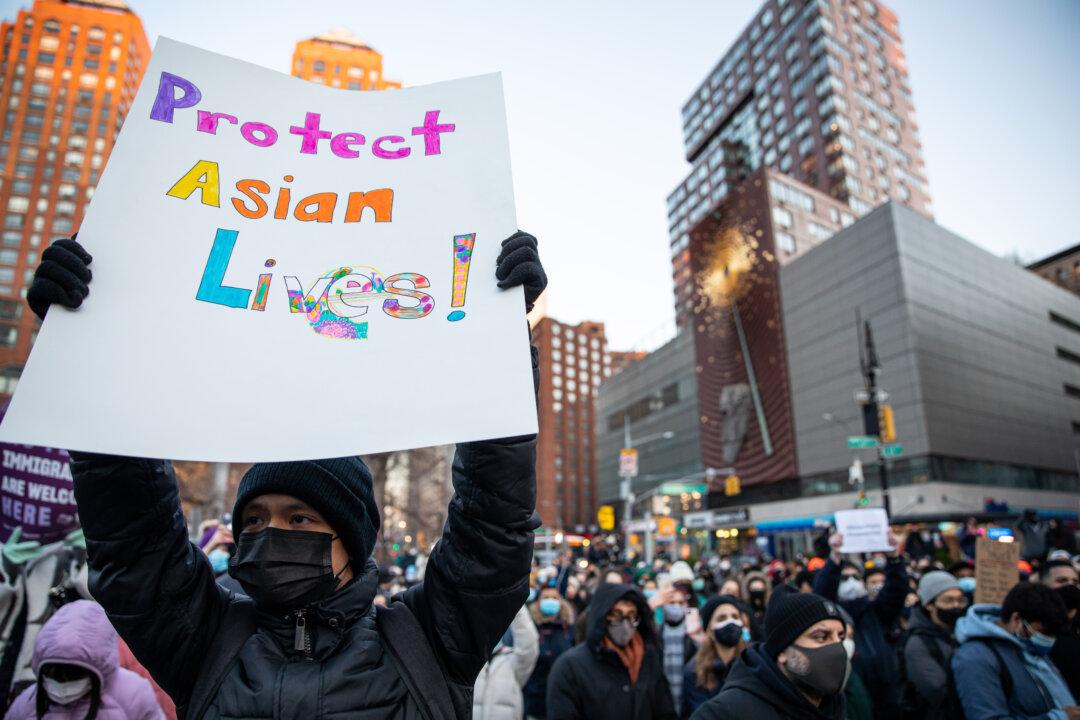Commentary
The recent shooting of massage parlor workers in Atlanta has sparked a string of anti-Asian hate demonstrations throughout the country.

The recent shooting of massage parlor workers in Atlanta has sparked a string of anti-Asian hate demonstrations throughout the country.